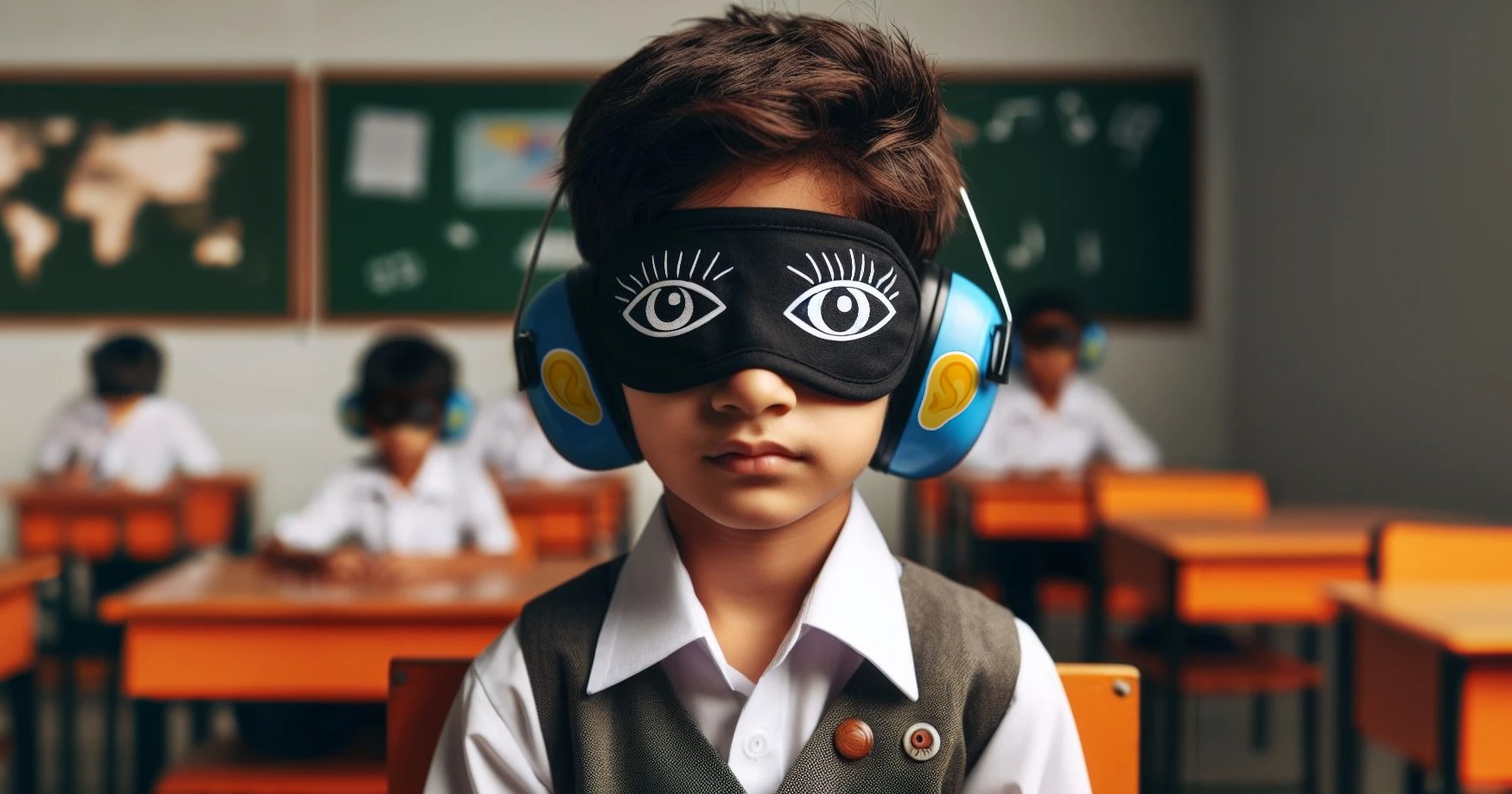“I can tell for myself” is the kind of knowing that nobody can take away from you.
Nobody can take it from you, but they can get you to hide it from yourself. They can put pressure on you to cover up your own knowings—pressure that’s particularly hard to withstand when you’re relatively powerless, as a kid is. This pressure can come from the threat of force or punishment, or simply the pain of not being able to have a shared experience of reality with caregivers if you know what you know and they don’t allow such a knowing.
Ideally, we integrate others’ word with our own sense of things, and smoothly navigate between using the two in a way that serves us and them. Others would point out where they can see that we’re confused about our own knowings, and we’d reorient, look again, and come to a new sense of things that’s integrated with everything else.
But, if you’re reading this, you were probably raised in a culture that, as part of its very way of organizing civilization over the past millennia, relied on getting you to take others’ word for it even when you could tell that something about what they you being told was off… to the point that you probably learned that your own knowing was suspect or invalid, at least in some domains.
Did you cover up your natural sense of appetite, with politeness, when parents or grandparents said “You haven’t eaten enough! You have to finish what’s on your plate.”? Did you cover up your natural sense of thirst when parents or teachers said “No, you don’t need a drink right now.”? Did you forget how to listen to the building pressure in your lower abdomen, in the face of a “You don’t have to pee! You just went!”?
Did you override your sense of relevance and honesty when someone said “You can’t say that!”? Maybe someone close to you said “You didn’t see that!” or “you didn’t hear that!” or “that didn’t happen!” — as a command, not a joke… did that make it harder to listen to your own senses or vision or hearing? Not altogether, but in situations where you could tell others wouldn’t like you to know what you know. Did someone say “Come on, you know I would never lie to you,” twisting your own sense of trust in others’ honesty and dishonesty, around the reality that you did not, in fact, know that, and (since this was coming up at all) may have been doubting it?
